In recent years, the rise of artificial intelligence (AI) and automation has led to concerns about the future of work. While blue-collar jobs have been the primary focus of these discussions, it is becoming increasingly clear that white-collar work is also at risk of being destabilized by new technologies.
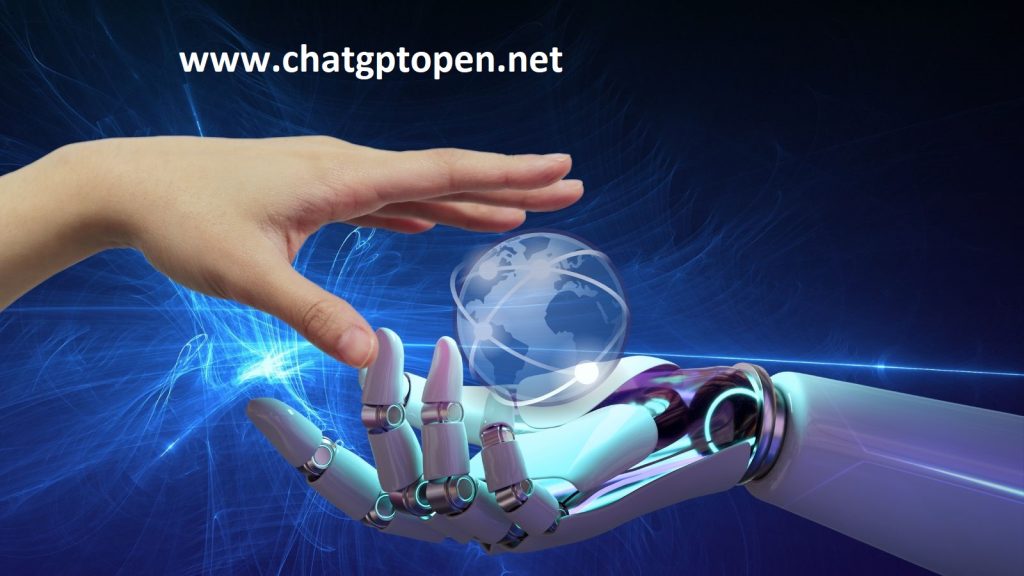
Contents
Impact
As an AI language model, ChatGPT has the ability to process vast amounts of data and generate responses that mimic human language. This technology has the potential to revolutionize the way we communicate and interact with each other, but it also has significant implications for the workforce.
One major impact that ChatGPT could have on white-collar work is by significantly increasing the speed and efficiency of certain types of tasks.
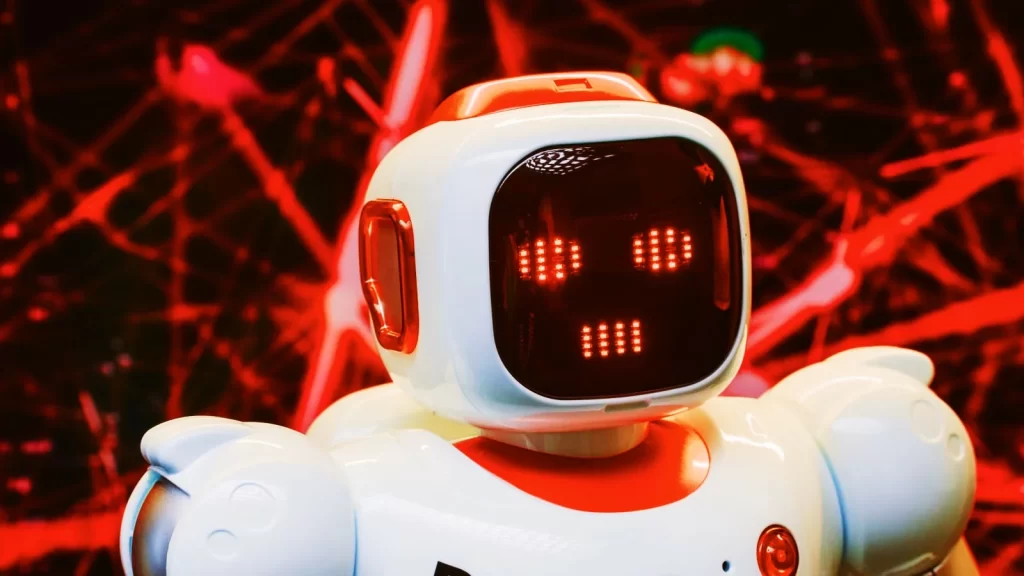
Of course, the impact of ChatGPT on white-collar work is likely to vary depending on the specific industry or profession in question.
Some areas of work, such as finance and accounting, are likely to be more heavily impacted than others, such as healthcare or education. Nevertheless, it seems clear that ChatGPT has the potential to fundamentally disrupt the way many white-collar workers currently operate.
The Changing
White-collar work has traditionally been associated with high-skill jobs that require a significant amount of education and training. However, the rise of automation and AI is changing the nature of these jobs.
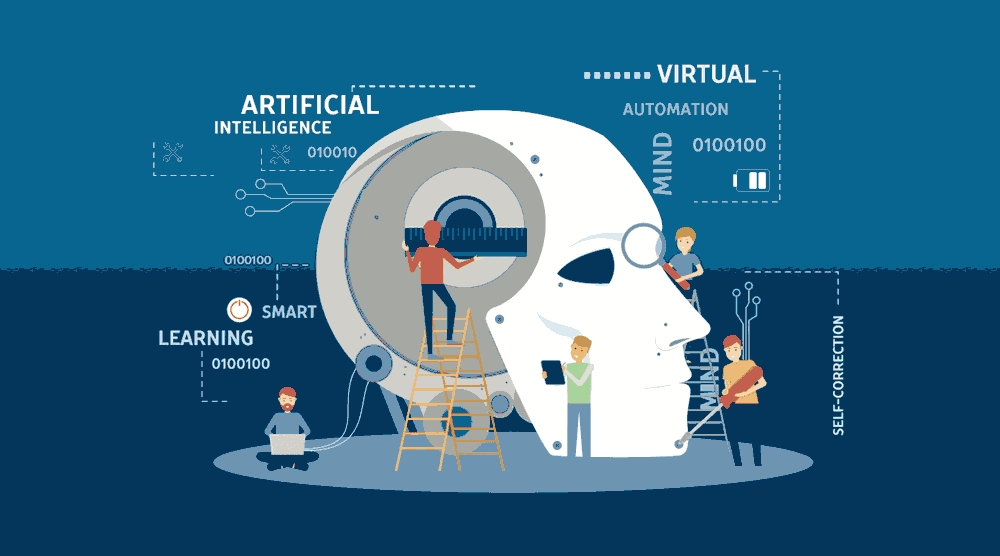
Tasks that were once considered to be the exclusive domain of highly educated professionals are now being automated. For example, ChatGPT can be used to generate reports, analyze data, and even provide legal advice. As these tasks become more automated, it is likely that the demand for human workers will decrease.
Role of ChatGPT
ChatGPT is already being used to automate many tasks traditionally performed by white-collar workers. For example, some law firms are using ChatGPT to generate legal documents, and some financial institutions are using it to analyze data and make investment decisions.
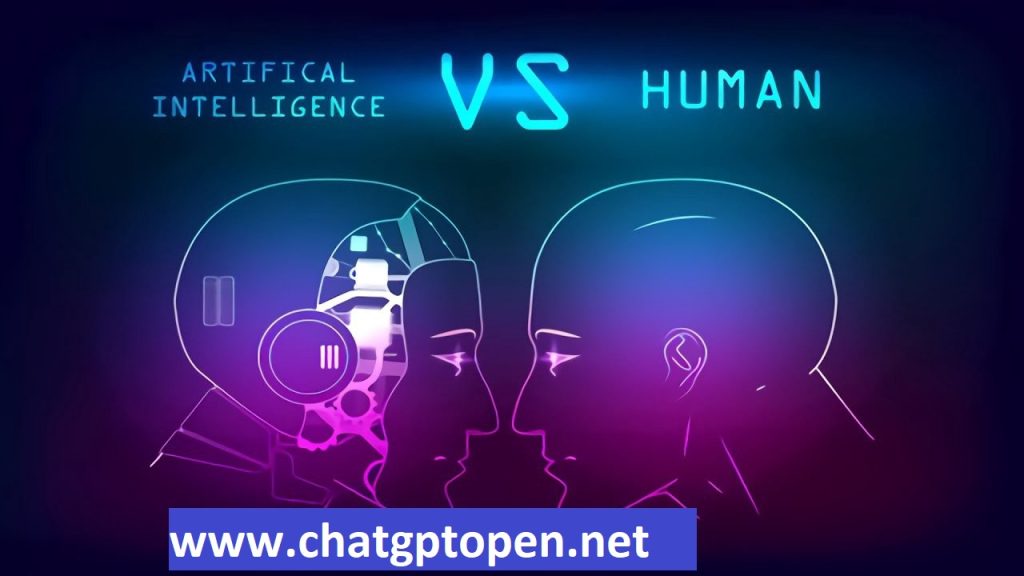
While these developments are exciting, they also raise concerns about the impact on the workforce. If machines are able to perform these tasks more efficiently than humans, it could lead to significant job displacement.
Potential Benefits of ChatGPT
Despite the potential risks to the workforce, there are also many potential benefits to the widespread adoption of ChatGPT. For example, ChatGPT could be used to improve access to legal advice and financial services in areas where there are currently shortages of human professionals.
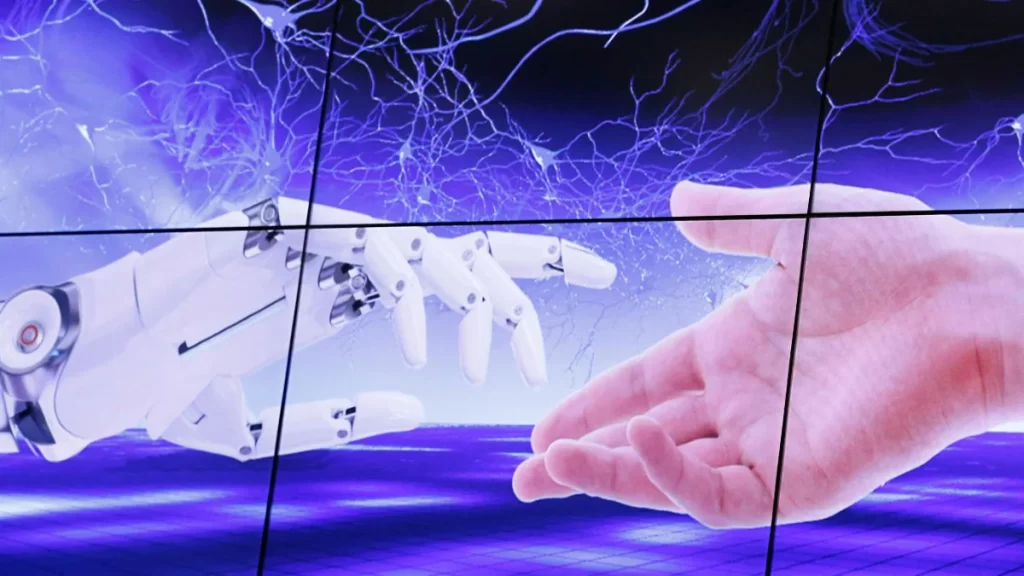
ChatGPT could also be used to automate tasks that are currently considered tedious or time-consuming, freeing up human workers to focus on more creative and strategic tasks. In this way, ChatGPT could actually enhance the quality of work performed by human professionals.
Future of White-Collar Work
As ChatGPT and other AI technologies continue to improve, it is likely that the nature of white-collar work will continue to change. While there will always be a need for human workers in some areas, it is likely that many of the tasks currently performed by white-collar workers will become automated.
FAQs:
Q. What is ChatGPT?
A1. ChatGPT is an AI language model developed by OpenAI that has the ability to process vast amounts of data and generate responses that mimic human language.
Q. How is ChatGPT being used in white-collar work?
A. ChatGPT is being used to automate many tasks traditionally performed by white-collar workers, including generating reports, analyzing data, and providing legal advice.
Q. What are the potential benefits of ChatGPT in white-collar work?
A. ChatGPT could be used to improve access to legal advice and financial
Q: Will ChatGPT completely replace human workers in white-collar jobs?
A: No, it’s unlikely that ChatGPT will completely replace human workers in white-collar jobs. However, it may significantly reduce the need for human intervention in some areas of work.
Q: What industries are likely to be most impacted by ChatGPT?
A: Industries that rely heavily on data analysis and processing, such as finance and accounting, are likely to be most impacted by ChatGPT.
Q: How can white-collar workers prepare for the emergence of ChatGPT?
A: White-collar workers can prepare for the emergence of ChatGPT by developing skills and expertise in areas that are less likely to be automated, such as creative thinking, emotional intelligence, and strategic planning.
Q: Will ChatGPT be accessible to everyone, or only to those with specialized training?
A: As ChatGPT technology advances, it’s likely that it will become more accessible to a wider range of users, including those without specialized training.
Q: How will ChatGPT impact the job market in the long term?
A: The long-term impact of ChatGPT on the job market is still uncertain, but it’s likely that it will lead to significant changes in the types of skills and expertise that are in high demand.
Conclusion
In addition to speeding up individual tasks, ChatGPT could also help to automate entire processes, potentially reducing the need for human intervention in some areas of white-collar work. For example, ChatGPT could be used to automatically classify and sort large volumes of customer data, generating highly targeted marketing campaigns without the need for human input.
This means that tasks that previously would have taken hours or even days to complete could now be done in just a fraction of the time, giving workers more time to focus on other high-value tasks.

Leave a Reply